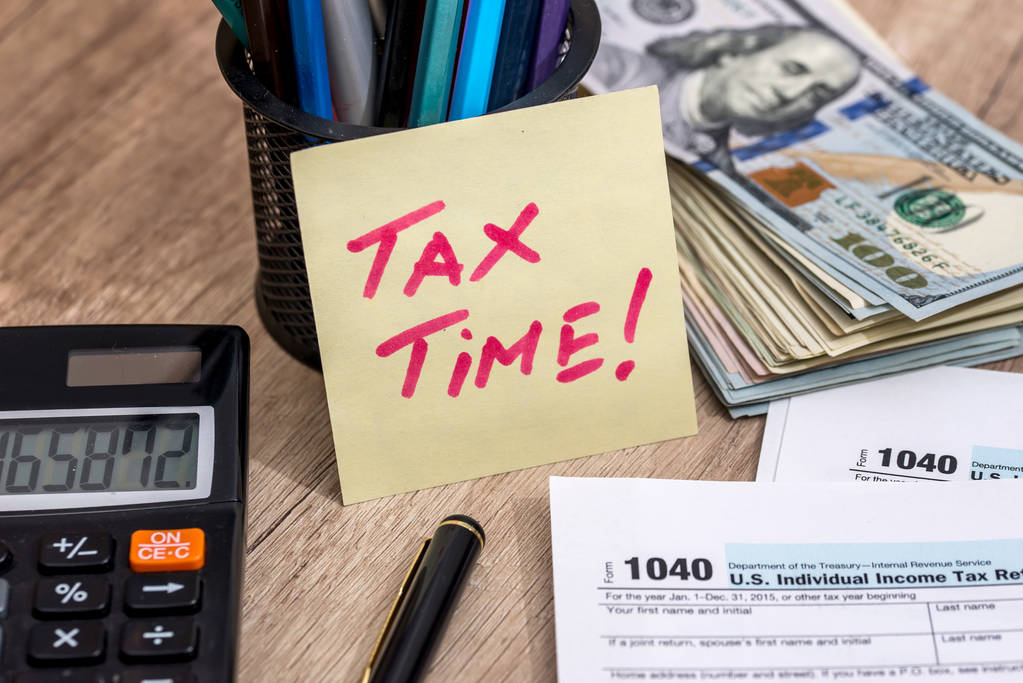As the tax season approaches, the anxiety and rush to meet deadlines can be overwhelming for many. Whether you’re an individual taxpayer, a small business owner, or handling a complex portfolio, understanding how to efficiently prepare can save you not only time but potentially a significant amount of money. This is where the expertise of a professional taxation accountant becomes invaluable. In this guide, we’ll explore some essential tips to help you navigate the tax season with confidence.
1. Organize Your Documents Early
The first step in preparing for tax season is gathering and organizing all necessary financial documents. This includes W-2 forms for those who are employed, 1099 forms for freelancers and independent contractors, investment income statements, and records of any eligible deductions such as educational expenses, medical bills, and charitable donations. A taxation accountant emphasizes the importance of keeping these documents well-organized throughout the year to avoid a last-minute scramble.
2. Understand Your Deductions and Credits
One of the most beneficial areas of tax preparation involves understanding what deductions and credits you’re eligible for. Tax deductions lower your taxable income, while tax credits reduce your tax bill dollar for dollar. Common deductions include mortgage interest, student loan interest, and business expenses. Credits might include education credits, the Earned Income Tax Credit (EITC), or child and dependent care credits. A taxation accountant can help identify all the deductions and credits applicable to your situation, ensuring you maximize your tax savings.
3. Consider Contributions to Retirement Accounts
Contributions to retirement accounts such as an IRA or a 401(k) can reduce your taxable income. For example, if you contribute to a traditional IRA, you may be able to deduct the amount of your contribution, subject to certain limits and conditions. A professional taxation accountant can advise on how much you can contribute and deduct, based on your income and other factors.
4. Be Aware of Tax Law Changes
Tax laws are constantly changing, and keeping up with these changes can be a daunting task for the average taxpayer. From adjustments in tax brackets and rates to modifications in deductions and credits, these changes can significantly affect your tax obligations. Consulting with a taxation accountant ensures that you are not only aware of these changes but also understand how they apply to your specific situation.
5. Use Technology to Your Advantage
In today’s digital age, numerous software and tools are available to help with tax preparation. From document storage solutions to tax preparation software, leveraging technology can streamline the process and reduce errors. However, while software can be helpful, it may not capture every nuance of your financial situation. A taxation accountant can use technology to enhance efficiency while also applying their expertise to ensure accuracy and compliance.
6. File Electronically
Electronic filing (e-filing) is not only faster but also more secure than paper filing. It reduces the risk of errors and expedites the processing of your return, meaning you’ll receive any refund due more quickly. Most taxation accountants recommend e-filing and can handle this process on your behalf, ensuring that your tax return is filed correctly and on time.
7. Plan for Payments or Refunds
If you owe taxes, make sure to plan how you will make your payment. The IRS offers several payment options, including direct debit, credit card payments, and installment agreements. If you’re expecting a refund, consider having it directly deposited into your bank account to access your funds more quickly. A taxation accountant can help plan the most efficient way to handle payments or refunds, potentially saving you money in interest and fees.
8. Consider Professional Help
Perhaps the most critical piece of advice is to consider seeking the help of a professional taxation accountant. Tax laws can be complex, and the stakes are high. Mistakes can lead to audits, penalties, and added stress. A taxation accountant brings a deep understanding of tax laws and an ability to apply them to your unique financial situation, ensuring you pay no more tax than necessary.
9. Stay Informed and Educated
Staying informed about tax laws and financial planning is beneficial beyond just the tax season. Engage with resources, attend workshops, or consult with a taxation accountant throughout the year to make informed decisions that could affect your future tax situations.
10. Plan for Next Year
Finally, once this tax season is over, start planning for the next. Review what went well and what could be improved. Adjust your document organization, tax withholding, or estimated tax payments as needed. Continuous planning and adjustment can make each tax season smoother and less stressful.

Final Thoughts
Preparing for tax season doesn’t have to be a daunting task. By staying organized, understanding your deductions and credits, keeping abreast of tax law changes, and leveraging professional help, you can navigate the process more smoothly and effectively. A professional taxation accountant is not just a resource for filling out forms but a strategic advisor who can help you optimize your financial decisions throughout the year. With the right preparation and advice, you can approach tax season with confidence, knowing you’re making the most of your financial situation.
